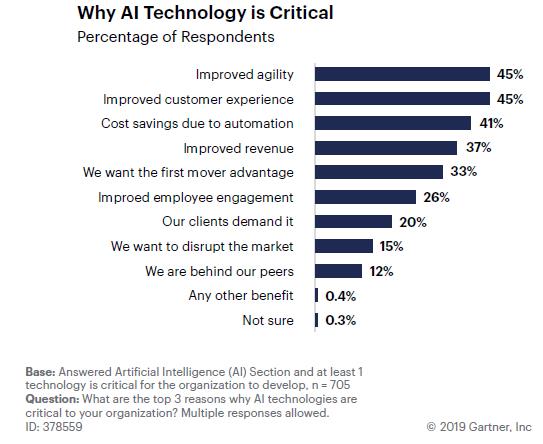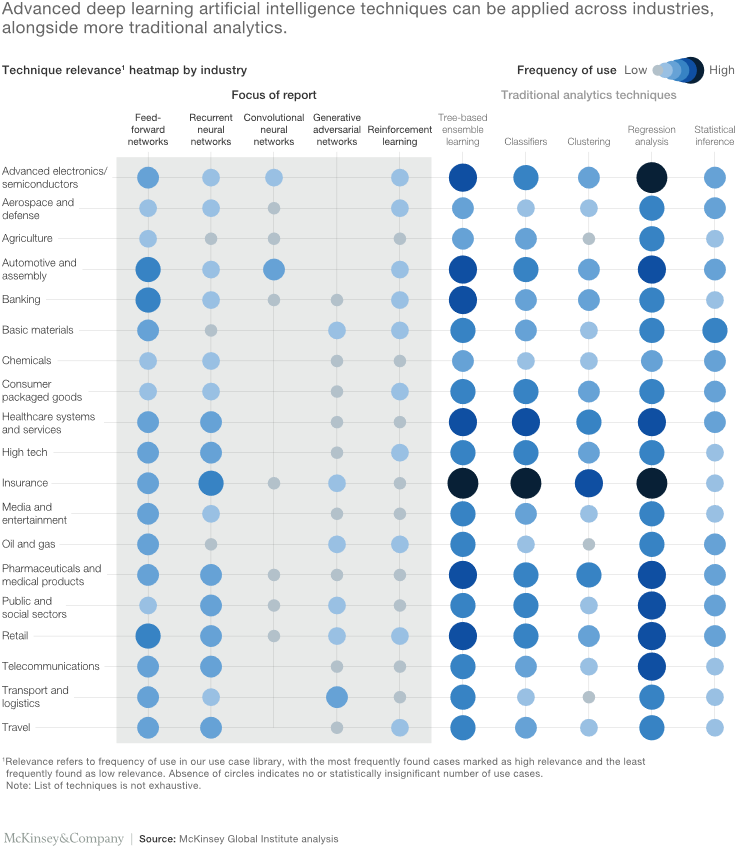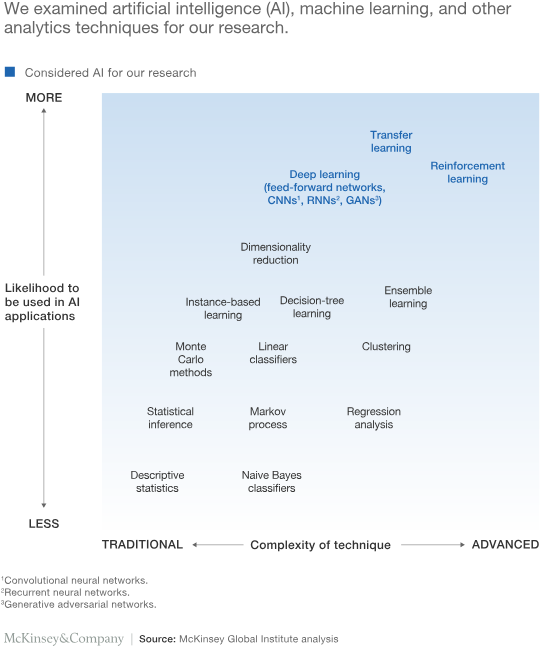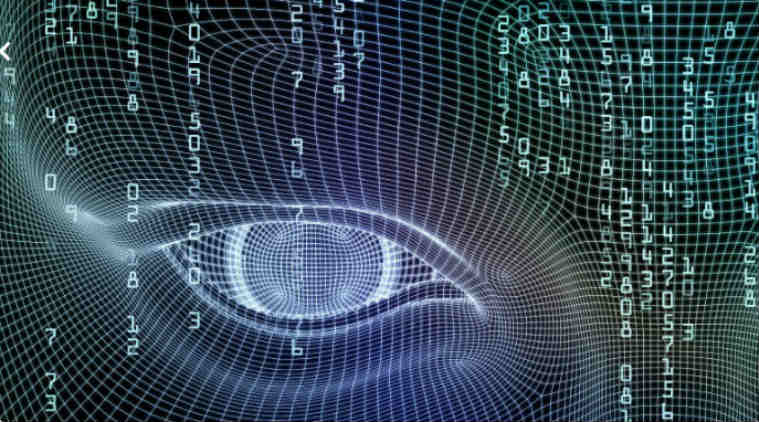Artificial Intelligence: What, Why, How
Part 1
By Marco Menichelli
What is Artificial intelligence (definitions)
| Artificial intelligence (or AI) is an area of Computer Science that aims to create intelligent machines that think and learn like humans, in few words, to emulate the human mind behaviour. |
| However, if it is true that Artificial Intelligence aims to emulate the human mind behavior, why is it still considered as an area of Computer Science field?
“Machine Intelligence is a highly multidisciplinary and active field, combining computer science, robotics and cognitive science, with potentially transformative applications in many areas of science, industry and society. Current research aims to develop AI systems with broad applicability that will safely interact with humans and the physical world. Different concepts and approaches – machine learning, symbolic reasoning, cognitive science, developmental psychology, robot control engineering, human-machine interactions among others – are increasingly brought together for such goals. To mark the impending launch of Nature Machine Intelligence, this collection explores recent developments in the field and its wide impact in other areas.” Nature – “The multidisciplinary nature of machine intelligence” – 26 SEPTEMBER 2018 |
How Artificial intelligence should be defined
Following this approach, Artificial Intelligence would no longer be just a functional tool to solve problems, but could also be used as a “guinea pig” to deep understand Human mental processes.
One of the most frequent obstacles encountered in the application of AI in industry consists in the fact that in most artificial intelligence systems the training activity must be carried out by technicians specialized in the use of dedicated software for training activities.
However, the same technicians, who possess the skills to perform such activities, generally do not have the knowledge to understand whether the outputs produced by the AI are correct or not.
Therefore, the transfer of knowledge from any professional (domain expert but non-AI expert) to the Artificial Intelligence system, is to be necessarily handled by a “third figure”: the Trainer.
This step generates a series of problems, including:
– an extension of AI training and validation activities;
– an increase of overall solution costs;
– a broad utilization of (too many) professionals, which generally makes this approach expensive and ineffective when compared to expected results.
The best approach would be to consider any Artificial Intelligence system as a Synthetic Psyche, to teach notions and procedures to, without the need for any particular technical knowledge.
In this way, the Learning activity, as happens for humans, would require only two subjects:
– The teacher
– The student
where the teacher is the domain expert and the student is the Artificial Intelligence system.
Following from this approach, if we agree that to create a Synthetic Psyche it is necessary to know how the Human Psyche works, things get a bit more mcomplicated in that it would be simplicistic to identify Artificial Intelligence with a single scientific discipline. In fact there would be many disciplines that should be considered such as, to name a few:
– Psychology (Cognitive, transcultural, evolutionary, etc.)
– Linguistics
– Communication Sciences
– Philosophy
– Neurosciences
– Maths
– Computer Sciences
Furthermore, following from my experiments, I believe that none of the scientific disciplines can disregard the other in order to both better understand the human mind, and try to replicate it.
“Anyone can study the functioning of any mechanism by observing its behavior, but only those who try to build an equal one, will be able to grasp its deepest mysteries.”
Marco Menichelli – “Artificial Intuition” – Huawei Connect Europe – 8 November 2018
Following this approach, Artificial Intelligence would no longer be just a functional tool to solve problems, but could also be used as a “guinea pig” to deep understand Human mental processes.
What are the world expectations on Artificial Intelligence
In a Gartner research, Managers of large companies were asked “What are the top 3 reasons why AI technologies are critical to your organization? “

While on the one hand the industry plans to use AI mainly to increase the efficiency of business processes, enhance customer experience and cut costs, on the other people would rather to be able to talk to their Virtual Assistant, without having to read the instructions first, or watch a 30-minute tutorial titled “list of commands for your virtual assistant“.
Moreover, the strong hype around AI, further accentuated by Sci-Fi movies, has contributed to distort the perception of industry as well as people, about the actual capabilities of AI algorithms.
Nevertheless, as demonstrated by the “Tecnique relevance heatmap by industry” reseach conducted by McKinsey on more than 400 use cases across 19 industries and nine business functions (table shown in the next page), as of today AI is nothing more than a fairly advanced statistical analysis system.

Anyway, as a consequence of the increasing complexity of the work that is expected from AI and which resulted in growing error rates, the industry appears to be rather cautious in adopting new AI techniques, as shown.

Looking at the market, we still note a significant discrepancy between:
– what people read in recent articles about AI, and therefore expect from it;
– the “AI” solutions actually adopted by the industry;
In fact, besides the high-sounding claims of their owners, we have to say that even the most advanced Virtual Assistant, more often than not, fails to understand the context of a simple question. This issue becomes even more relevant if we think that the context represents the basis of any conversation between humans.
Yes, it is true that, thanks to recent industrial research, certain AIs have been greatly improved and are now able to compete and win, in various games, against current human world champions. However, as we speak, and despite the many previous public announcements and claims, there is no AI able to hold a real conversation. How is it possible?
In a game, the rules, however complex, are limited. In chess, for example, we know that the Knight, the Bishop and the Queen have a specific freedom of movement, as well as that that the Pawn cannot “eat” the King.
Moreover, we know it is possible to become “an expert”, in any field, by studying and acquiring experiences. Back to the game of chess, a “good player” is not only able to sense and anticipate his opponent’s next moves, but also to develop a comprehensive winning strategy.
The same applies to AI, with the difference that, by acting on a limited set of actions and having acquired millions of possible scenarios, the AI manages to analyze all of them and choose the one that leads to the final win, in few seconds.
In this case, the final result doesn’t change, but the decision-making process is exclusively based on experience, and thanks to its large calculation capacity, AI does not have to develop a strategy to win but only to choose the best course of action.
It is a bit like owning a manual with all possible scenarios and have the chance to consult it after every move of the opponent.
Well, in a conversation, rules and variables are very different.
My studies and experiments on Synthetic Psyche, which I will explain in more details later in this document, demonstrate that there are not yet AI able to correctly consider the “context”, in which a particular data is placed. This is the reason why there are Artificial Intelligences able to win a chess game against the World Chess Champions, but currently on the market there are none able to hold a complex conversation with one or more human beings.




